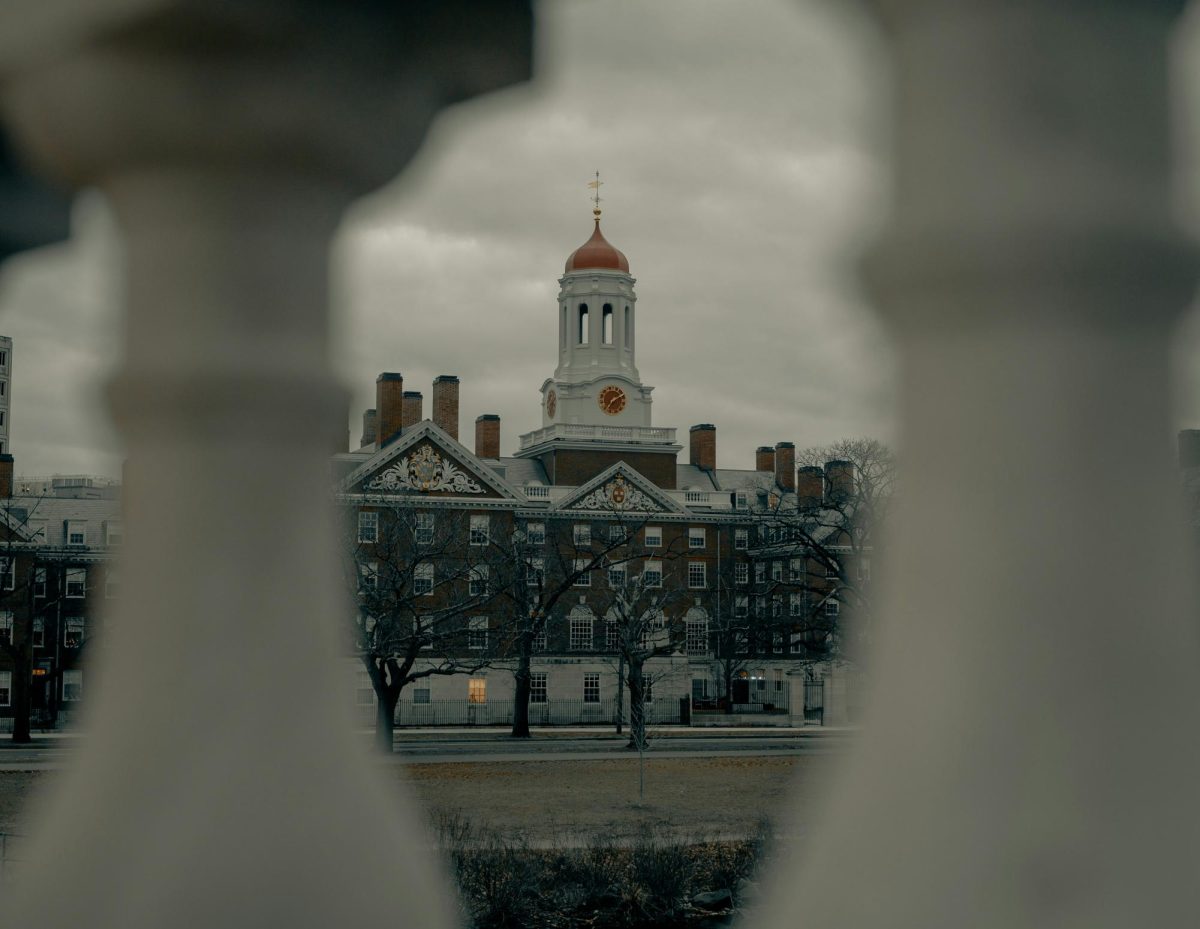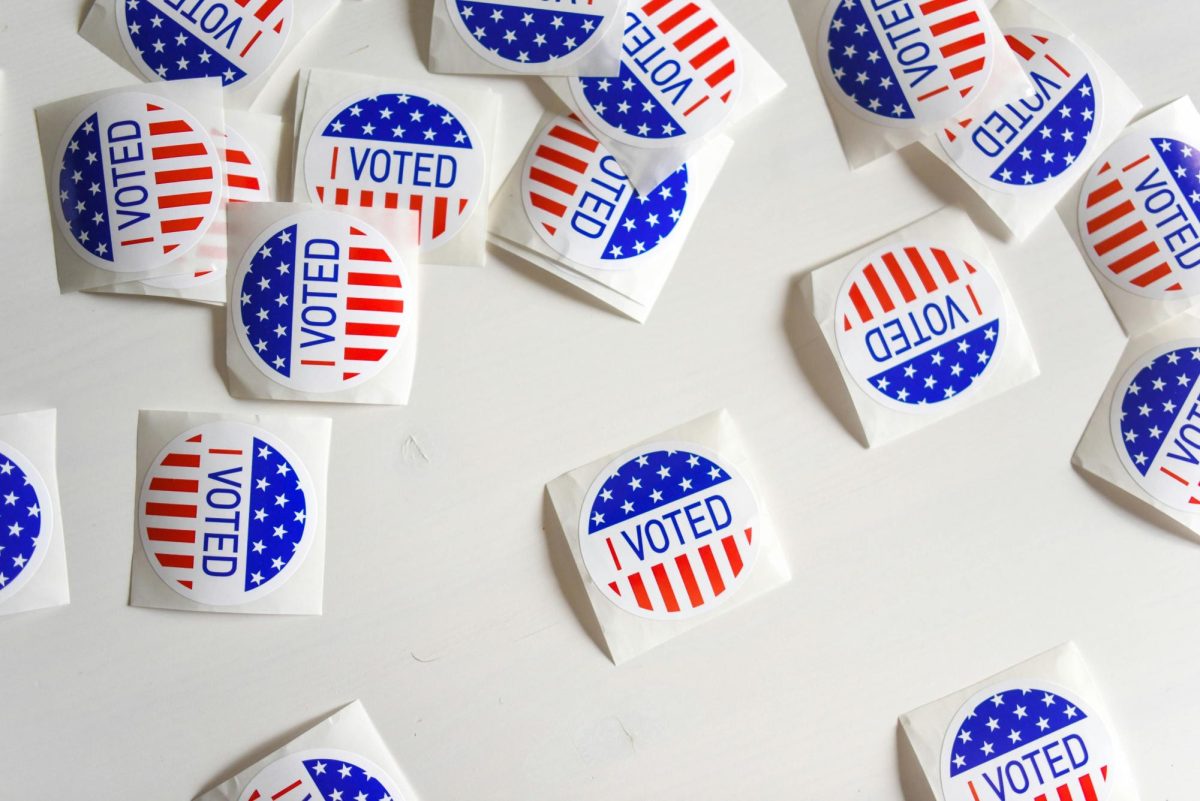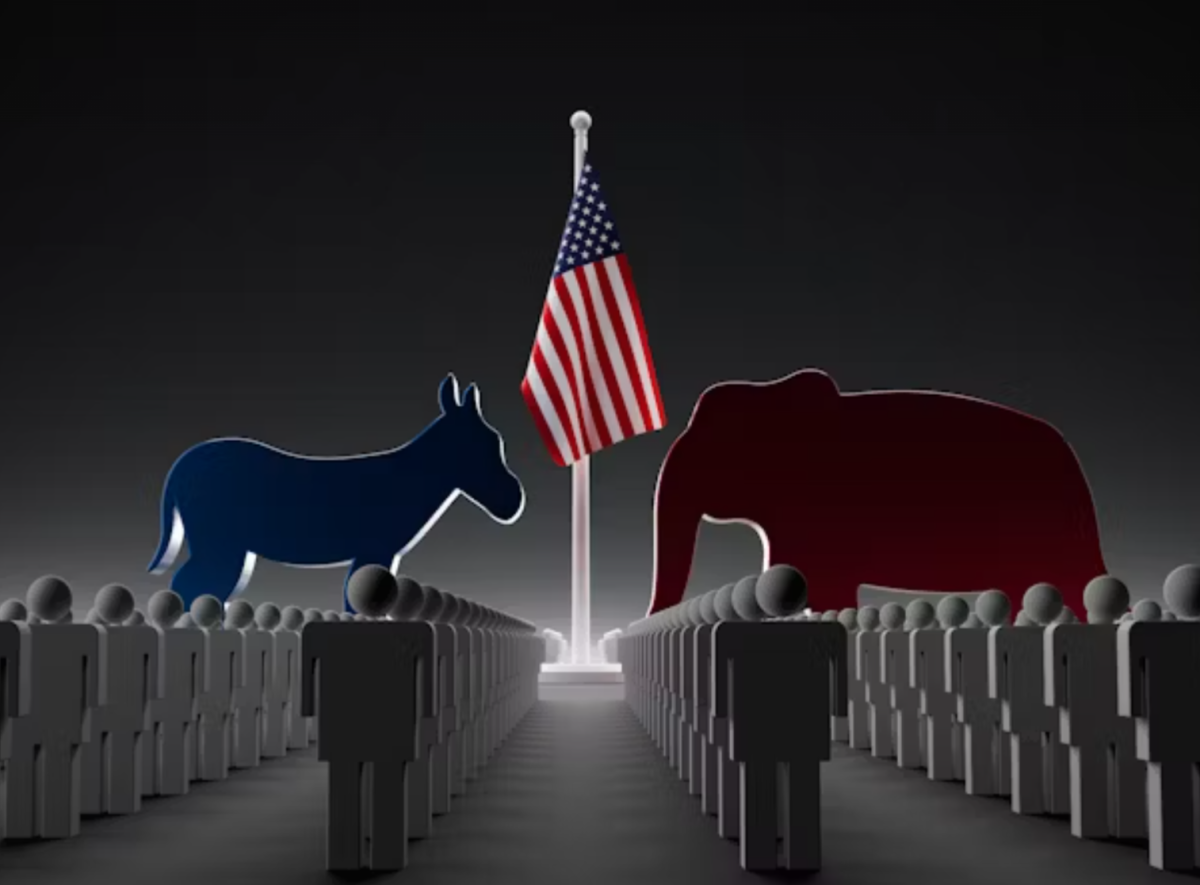In January 2025, President Trump began targeting elite universities, with a list of demands that, if ignored, would result in the loss of federal funding. Harvard became Trump’s biggest target. Harvard refused to comply and instead sued the administration over the funding cuts, eventually winning in court. In response, Trump launched an investigation into Harvard and threatened to revoke its tax-exempt status. His demands include eliminating DEI (Diversity, Equity and Inclusion) policies, barring international students from admission, and investigations and visa scrutiny of pro-Palestinian protestors. Harvard has had over $2.2 billion in federal funds frozen, with many other universities like Columbia, Cornell and UCLA close behind. This is billions pulled from labs, scholarships and teaching hospitals across the country. These are not just education reforms; they are political ultimatums, with students caught in the crossfire.
Abuse of Executive Power
President Trump has effectively used his executive power, freezing research grants, targeting specific universities that don’t align with his own political opinions and launching discrimination investigations. Multiple federal agencies, including the National Institute of Health (NIH), the Department of Energy and NASA, have frozen federal research grants.
NIH grants have supported groundbreaking advancements in Alzheimer’s research and even the development of robotic exoskeletons to help restore mobility. Now, Trump is not only jeopardizing scientific progress but also the lives of patients and communities that rely on these innovations.
By freezing research grants and conditioning federal funds on universities’ compliance with his political agenda, he is trampling on the Spending Clause of the Constitution, which requires that Congress, not the president, controls federal expenditures. His actions represent a flagrant abuse of executive power. His threat to revoke Harvard’s tax-exempt status weaponizes the IRS. He wishes to bar international students from admission and deport protestors who contradict the Equal Protection Clause of the 14th Amendment. As long as they also run against civil rights laws, including Title VI of the Civil Rights Act of 1964, which prohibits discrimination in federally funded programs. Trump is attempting to bend independent institutions to his will through unconstitutional extortion; the very kind of executive overreach our checks and balances are meant to prevent.
This isn’t just a policy, but it’s students losing research opportunities, scientists watching their labs shut down and present and future patients waiting longer for lifesaving treatments. The direct human cost of Trump’s overreach is endured not just by university administrators, but by the students and communities who depend on these programs. This is not the conduct of a president who values democracy, but one who treats the Constitution as something to be thrown aside when convenient.
Discrimination
Trump’s university crackdown is rooted in discrimination, violating the Equal Protection of the 14th Amendment and undermining core federal laws designed to protect students from bias based on race, national origin or political belief. Also, under the Immigration and Nationality Act, barring international students violates protections against arbitrary discrimination in immigration law. Eliminating diversity, equity and inclusion initiatives directly undermines compliance based on the Civil Rights Act of 1964 (Title VI) which prohibits discrimination based on race, color or national origin. It reads less like governance and more like a vendetta against the very institutions meant to challenge him.
Legal Justifications of the Trump Administration
Trump has framed these demands as protecting students from antisemitism and defending American values on campus. In reality, this is a pretext; a political smokescreen that could collapse under the law.
The Trump Administration’s defense of freezes is about enforcing the Title VI of the Civil Rights Act to stop antisemitism; however the courts found no evidence that freezing Alzheimer’s or physics research grants had any connection to the dissemination complaints. They have also claimed that they can attach conditions to federal funding but the Spending Clause gives that power to Congress, not the president and conditions cannot punish free speech or viewpoints. Executive agencies do have the power and discretion to pause or redirect funding. However, there is a process including a notification period meaning that the freezes cannot be “arbitrary and capricious” under the Administrative Procedure Act. This is something the administration failed to follow when they skipped both the notice and comment requirements. There are instances where Congress, not the president, can attach conditions to federal highway funds; as in the case of South Dakota v. Dole (1987) where they required states to raise the drinking age to 21 which directly corresponded to road safety. Additionally, revoking Harvard’s tax exemption may fall within executive authority, but they would need reasons with evidence other than using the IRS to retaliate against speech since that is discrimination under the First Amendment. Blanket bans based on nationality or political beliefs violate the Equal Protection Clause and Immigration and Nationality Act (INA).
Equal Protection and the Future of Education
The Trump Administration’s actions not only overstep legal authority, but also erode the fundamental promises and processes of equal protection, free expression and nondiscrimination that are known to anchor American law and ideals. By singling out international students, silencing campus speech, dismantling DEI initiatives and freezing research funding, these policies inflict immediate harm on students and faculty. This also forces them to choose between their education and their safety, or being silenced for fear of retaliation. Beyond the legal violations, the deeper consequence is a generation of students discouraged from speaking out. Upholding constitutional protections and federal civil rights law is not just a legal obligation—but it’s a moral one. The courts, and the public at large, must recognize that what’s at stake is more than policy; it is the integrity of American higher education and the future of its students. If unchecked, this isn’t just about universities; it’s about whether any institution or citizens can resist political retaliation in America.





